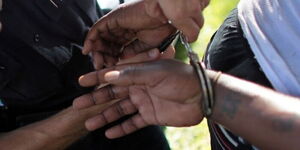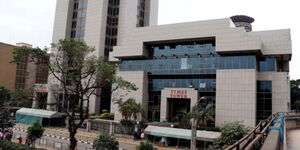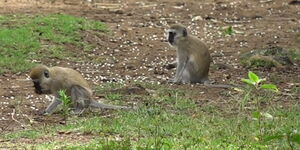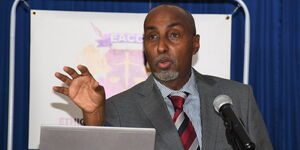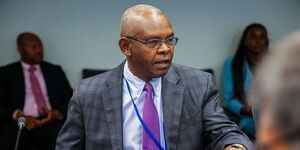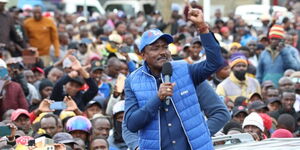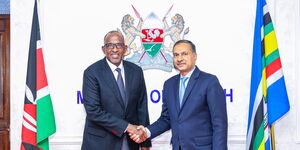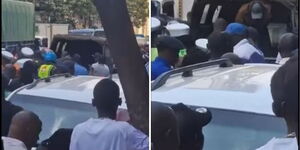The Court of Appeal on Friday, August 20, ruled that President Uhuru Kenyatta cannot initiate constitutional amendments on the ground that he is the holder of the Executive Office of the President, and therefore not a Wanjiku.
This is what the judges said:
Justice Okwengu: The president cannot use his executive power to initiate a constitutional process. Popular Initiative under Article 257 is a process began by the voter, not their representatives or the government.
Justice Roselyne Nambuye: I disagree with the High Court that the BBI task force and steering committee are illegal entities. The President cannot be faulted for initiating the BBI process. The task force was established to advise the President. The President acted within his mandate. The President should have engaged the government machinery or party to drive the recommendations of the task force forward through the parliamentary initiative.
Justice Hannah Okwengu: Constitutions are like human beings, they are never perfect. Constitutions respond to certain circumstances. Framers of the Constitution of Kenya recognised the need for development and provided for in article 259.
Justice Hannah Okwengu: Amendments of the Constitution can only be done within the constitutional boundaries. The Constitution has not identified any clause as unamendable or eternity but the amendment power is restricted and there is the procedural limitation to the exercise of the amendment power.
Justice Patrick Kiage: The president does not shoulder any obligation to initiate any constitutional changes. He takes office under and in accordance with the constitution and his duty is to obey and defend it in keeping with the oath of allegiance and not to change it.
Justice Kairu: The President's participation in the process was not in his capacity as a private citizen, he was acting in an official capacity.
Justice Kairu: The power to make fundamental amendments to the Constitution belongs to the constituent or sovereign assembly, and the courts have power to preserve that sovereign power and prohibit dismemberment of the Constitution.
Justice Sichale: The President cannot be a promoter of a popular initiative, says the President cannot be a 'Wanjiku'.
Justice Sichale: There's no clause in the 2010 Constitution that prohibits amendments but there's an in-built mechanism that provides safeguards. I'm of the persuasion that the High Court erred in imposing another hurdle on the basis of an implied provision anchored in the spirit of an overarching theme of the Constitution.
Justice Sichale: Looking at the clear language in Chapter 16, there is provision for amendments and there is no need to look outside and impose the Basic structure. Framers of the Constitution balanced flexibility and rigidity. Balance has to be struck to avert abusive amendments.



